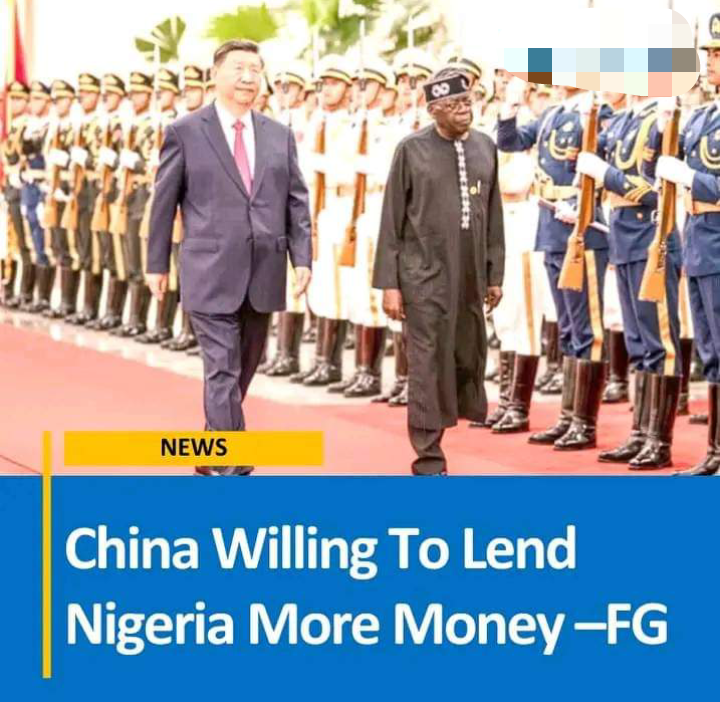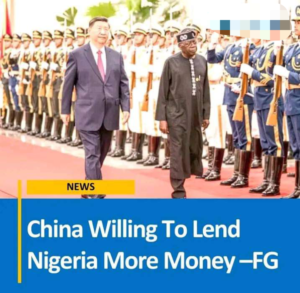China’s willingness to lend more money to Nigeria and invest in its infrastructure is a significant development for the country’s growth.


China’s willingness to lend more money to Nigeria and invest in its infrastructure is a significant development for the country’s growth.
According to the Minister of Foreign Affairs, Yusuf Tuggar, Nigeria isn’t among the critically indebted countries, so debt forgiveness discussions with China aren’t on the table.
This move aligns with China’s broader strategy in Africa, where they’ve been actively investing in infrastructure development. In fact, China has become the largest financier of African infrastructure, with a focus on transportation, energy, and power projects ¹. The Belt and Road Initiative (BRI) is another key aspect of China’s engagement with Africa, aiming to improve connectivity and trade between Asia, Europe, and Africa.
*Key Areas of Chinese Investment in Nigeria:*
– _Transportation:_ Railway lines, ports, and highways to enhance connectivity and facilitate trade.
– _Energy:_ Power plants and transmission lines to boost electricity supply.
– _Infrastructure Development:_ Special Economic Zones (SEZs) to promote industrialization and economic growth.
Nigeria’s collaboration with China can potentially unlock significant economic benefits, but it’s essential to ensure that these investments are strategic, sustainable, and aligned with Nigeria’s long-term development goals.





